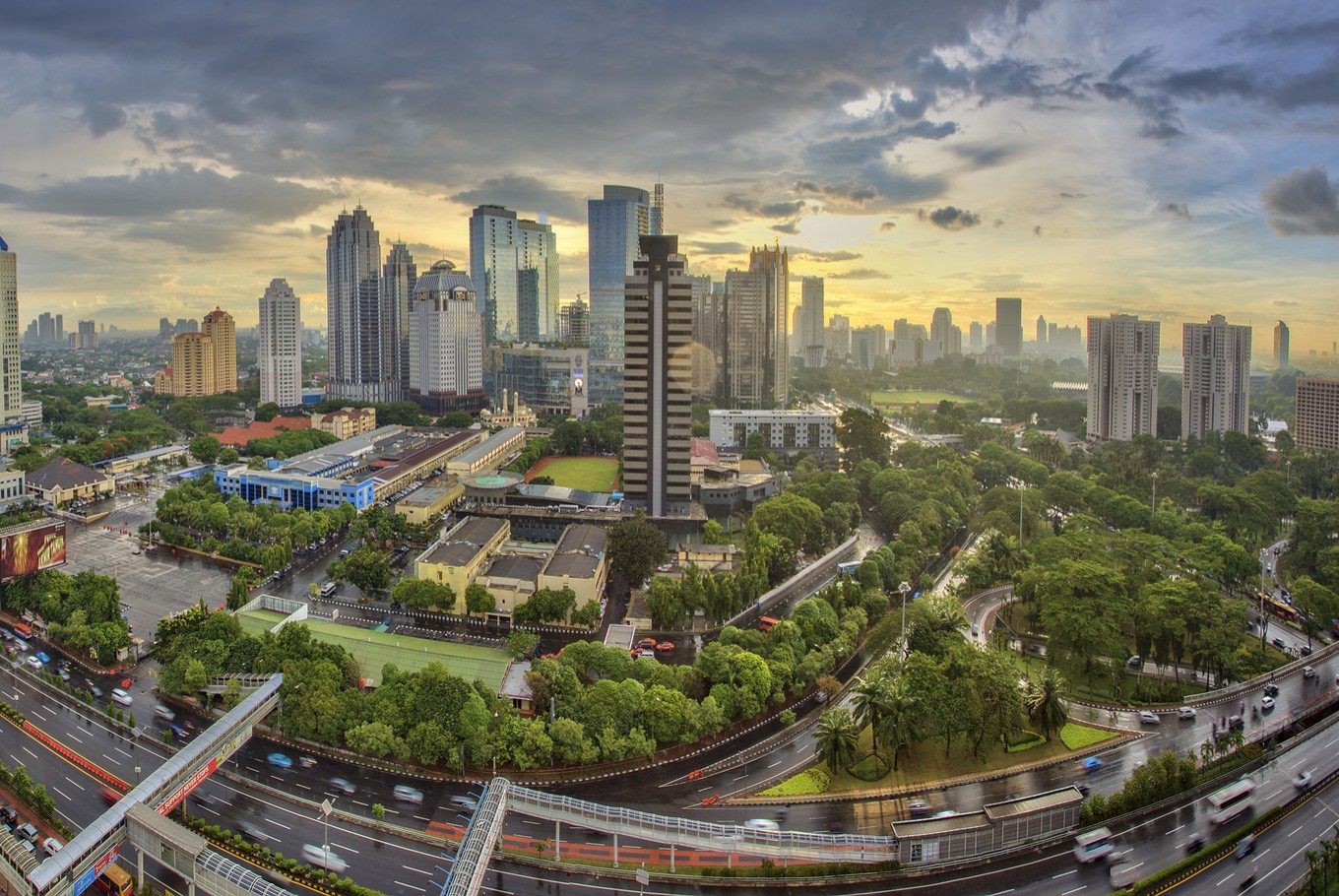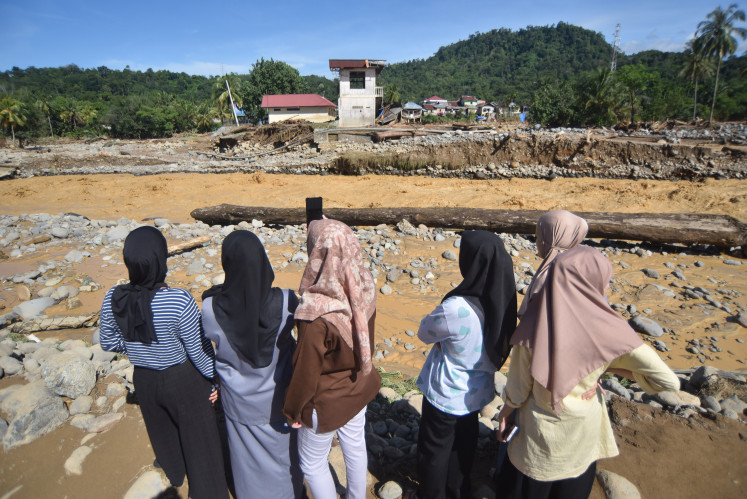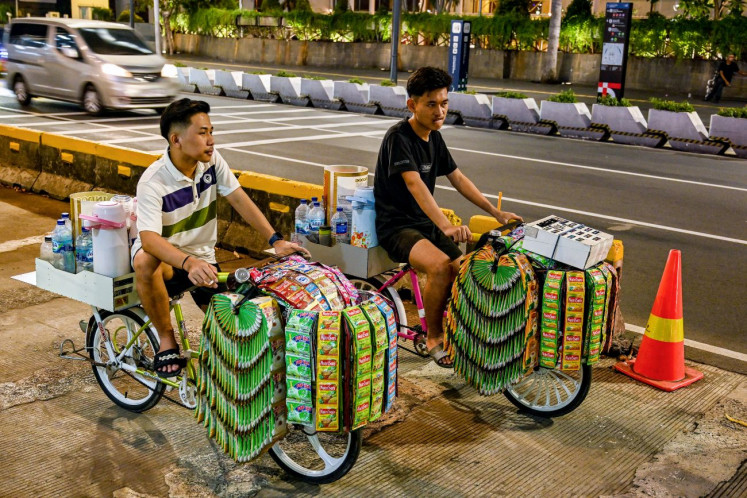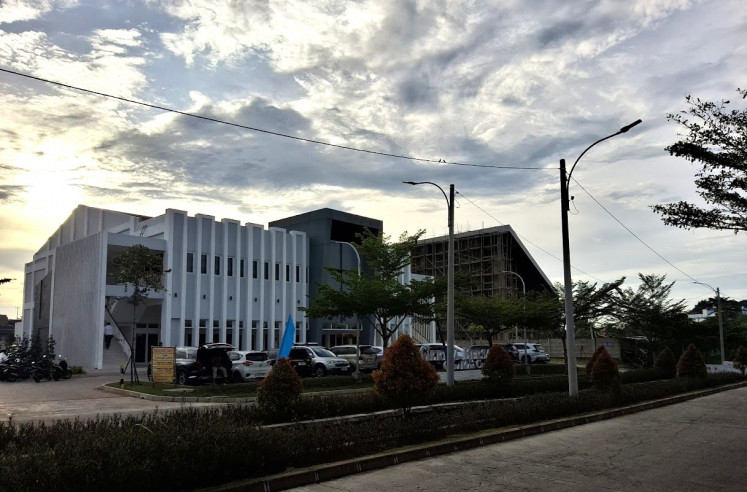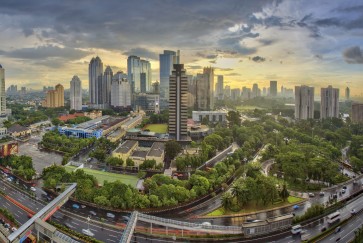Popular Reads
Top Results
Can't find what you're looking for?
View all search resultsPopular Reads
Top Results
Can't find what you're looking for?
View all search resultsNew thinking urgent for our future urban life
In Indonesia we are outgrowing our cities, as elsewhere in the world. Advances in technology are providing opportunities to provide all of these within the sustainable “smart cities.”
Change text size
Gift Premium Articles
to Anyone
W
hile Indonesia grapples to resolve the many issues that affect economic growth, with infrastructure and education much to the fore, it must also start to consider what the future country will look like as it heads to becoming the fifth largest world economy by the end of the next decade. This will require some new thinking beyond meeting current imperatives and responding beyond today’s known technologies, systems and solutions.
In Indonesia we are outgrowing our cities, as elsewhere in the world. Urban citizens, of which there will be 90 million more by mid-century, need good quality homes, good jobs, suitable and comfortable transport, water, electricity and green spaces. Advances in technology are providing opportunities to provide all of these within the sustainable “smart cities.”
However, we also need more than this in terms of educating and training people to take advantage of what cyber technologies produce, which change by the year and can provide people with more time for personal endeavors.
Everyone in the newer generation aka “the millennials” and beyond will become “digital savvy’” as soon as they can walk and talk; education will have to change to embrace this challenge.
Nevertheless, while the energy challenge will likely be met, probably with not as clean an energy mix as it should be, since the country is well-endowed with a wide range of fuel options, nonfossil as well as fossil, there is also an urgent need to address, sooner rather than later, the issues concerning water resources and food production.
In the field of transport, how are fast-evolving changes in modes of transport going to be addressed in the design of city road and rail links and those between cities, with the days of fossil driven vehicles numbered? In cities, will we need to own our own transport or just call up a driverless vehicle and have it programmed to take us to our desired destination? This will affect the structure of city streets.
It is encouraging to see that the government has set in outline a plan to eliminate fossil-fuel driven transport by 2040, which would seem reasonable although some other countries will probably be more ambitious in their targets and vehicle manufacturers are already addressing the pending changes for the future.

